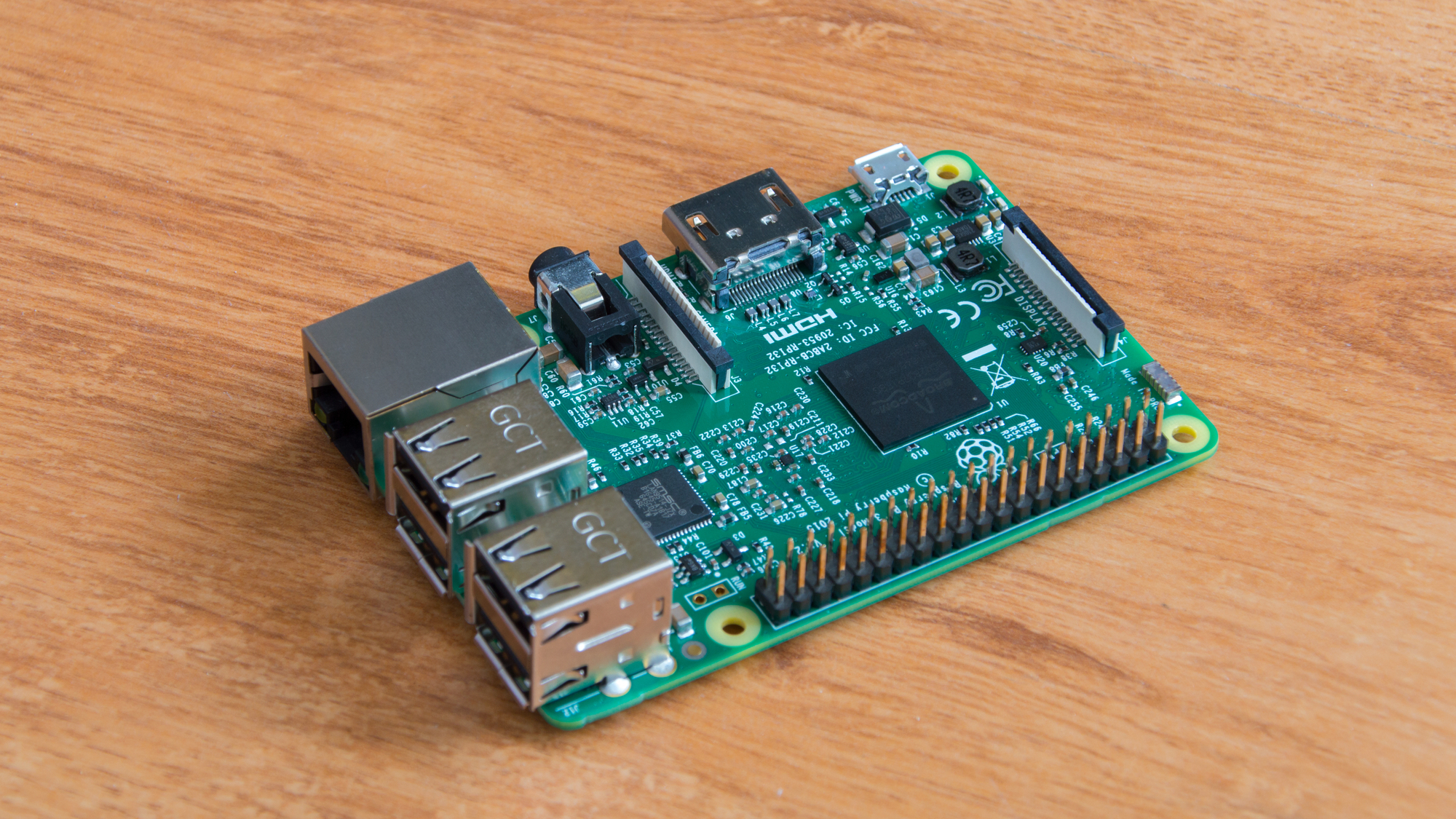

Sony’s semiconductor branch announced plans to move forward with a “strategic investment” in Raspberry Pi. This is not just out of passion for DIY-centric products, but instead with goals to increase security capabilities via AI integration. Sony Semiconductor Solutions hopes to soon offer its AITRIOS “edge AI sensing technology built around image sensors” for Raspberry Pi 4 devices, according to an official statement on Wednesday.
“Our pre-existing relationship encompasses contract manufacturing, and the provision of image sensors and other semiconductor products,” said Raspberry Pi Ltd. CEO Eben Upton in the statement. “This transaction will allow us to expand our partnership, bringing Sony Semiconductor Solutions’ line of AI products to the Raspberry Pi ecosystem, and helping our users to build exciting new machine-learning applications at the edge.”
[Related: Getting started with Raspberry Pi.]
Unlike mostly cloud-based AI systems, Sony’s edge AI largely resides on-chip. In doing so, machine learning and other AI capabilities use less energy, operate at reduced latencies, and by only providing metadata to cloud services, are far more secure and private than other options according to Sony. Sony’s dedicated AITRIOS site offers example uses such as inventory monitoring and retention, customer counting, as well as license plate and facial recognition.
Launched in 2012, Raspberry Pi was first marketed as an easy, cheap and accessible education tool for students and those looking to get into computer programming. Since then, the line of computer products has expanded—now boasting a massive DIY community for projects ranging from SIM-free “smart” phones to cow-shaped web servers.
Raspberry Pi products have long included camera functionality. Most recently, Sony also partnered with the company on a line of 12-megapixel modules boasting autofocus capabilities. Likewise, Internet of Things (IoT) projects like Pi-based biometric scanners are nothing new. That said, Sony’s latest investment comes amid the rapid rise of AI integration in consumer products, which has lead to concerns regarding privacy, surveillance, and misinformation.
Prem Trivedi, Policy Director at New America’s Open Technology Institute, voiced his concerns to PopSci via email regarding increasingly accessible surveillance products such as AITRIOS-enabled devices. “Sony’s limited description of its ‘privacy conscious’ integration of AI and sensing technology highlights the need for companies to better explain to consumers how their privacy safeguards are designed and implemented,” he stated. “Furthermore, federal legislation is necessary to strengthen privacy protections — particularly for historically marginalized communities who are disproportionately impacted by surveillance.”
Although restricting cloud information to only metadata is a solid step in terms of privacy, it will be interesting to see how enthusiasts utilize Sony AITRIOS capabilities in their own Pi projects. The new partnership could add fuel to rumors that a Raspberry Pi 5 is finally on the horizon, as the programming and hacking enthusiast hub Hackster.io also notes. Current reports estimate a release could come as soon as the end of the year.
Update 4/14/23: A quote from New America’s Open Technology Institute has been added to this story.
